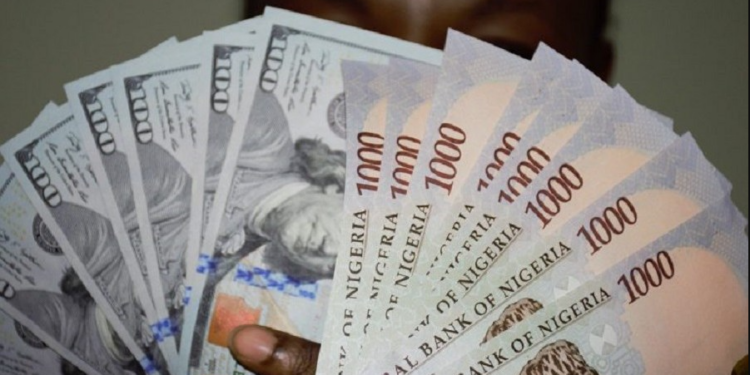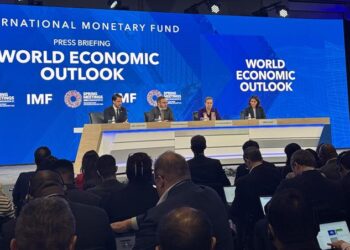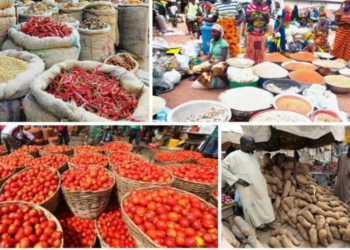Exchange rate gains during the month of April led to a slowdown in inflation pressure, according to the Stanbic IBTC Nigeria Purchasing Managers Index (PMI) in the month of April.
The country’s PMI in the month under review rose marginally to 51.1 from 51.0 recorded in March on the back of an increase in new orders or businesses and a slowdown in inflation. The increase in PMI represents a five-month consecutive improvement in business conditions.
However, the report noted that business conditions have continued to be influenced by exchange rate changes, which impact prices, noting that an increase in the naira’s value caused the slowest rise in prices in about one year.
- It stated, “Inflationary pressures softened in the Nigerian private sector during April, following record increases in purchase costs and selling prices in March. The headline PMI ticked up to 51.1 in April from 51.0 in March, pointing to a fifth consecutive monthly improvement in business conditions in the Nigerian private sector, but one that was only slight overall.”
- “Conditions for firms continued to be heavily influenced by movements in the naira and the subsequent impact on prices. The latest rise in selling prices was the softest in just under a year. Slower price increases were seen across all four broad sectors covered by the survey.”
Recommended reading: After raising hopes, Naira depreciates against the dollar by 5.8% in April
Decrease in staff cost
Furthermore, the manufacturing and agricultural sectors saw the highest increase in output as the services industry declined. Also, employee expenses increased at the slowest pace in about 13 months, but some companies reported downsizing over elevated costs.
Businesses also saw a decrease in suppliers’ delivery time as higher new orders, increase in investment, and advertising are projected to fuel growth in the next 12 months.
Analyst’s view
Speaking on the report, Head of Equities Research at Stanbic IBTC Nigeria, Muyiwa Oni, stated that headline inflation is approaching its zenith, projecting it to peak in May before a slide in the second half of the year.
He also stated that the CBN may further increase interest rates during its Monetary Policy Committee (MPC) meeting in May but noted that interest rates in sectors like manufacturing, construction, and real estate will see some softening going forward.
He said, “Nigeria’s private sector activity started the second quarter on strong, albeit modest footing as the slower rate of price increases supported a rise in the growth of new orders.”
- “Based on our current estimates, headline inflation is already nearing its peak, which is likely to occur in May. This, in conjunction with tight monetary conditions, could constrain household consumption and business investments. On tight monetary conditions, the odds are in favour of further rate hikes by the Monetary Policy Committee (MPC) of the CBN at their May policy meeting”
Recommended reading: Business activities gain momentum as Nigeria’s PMI rises to 54.5 in January





















